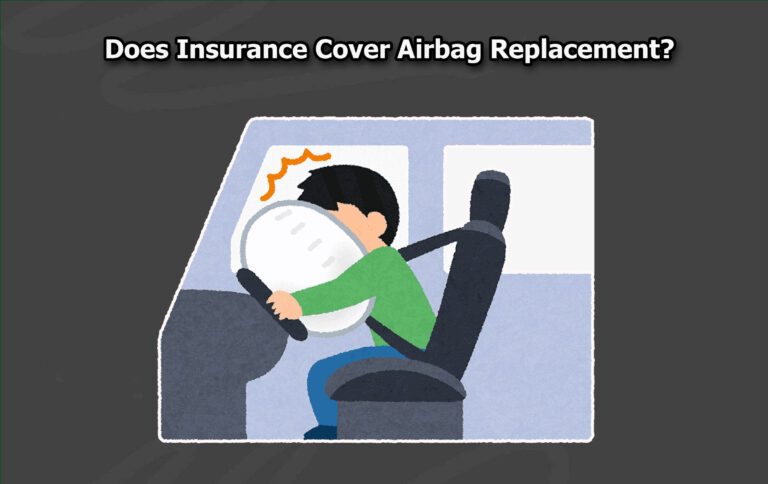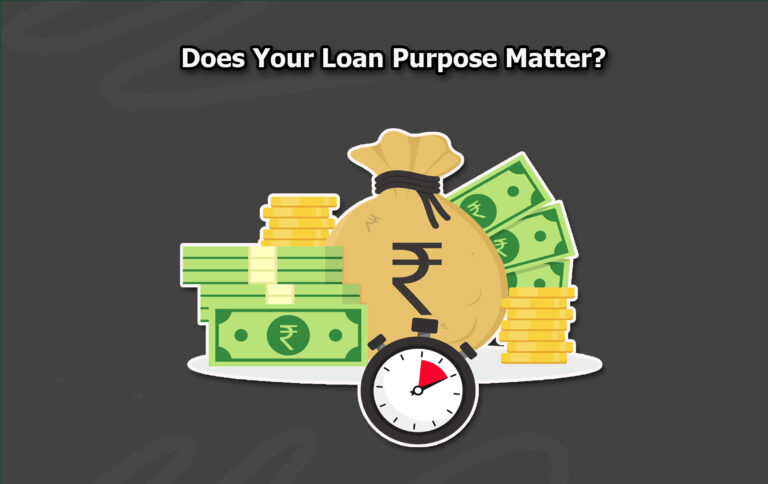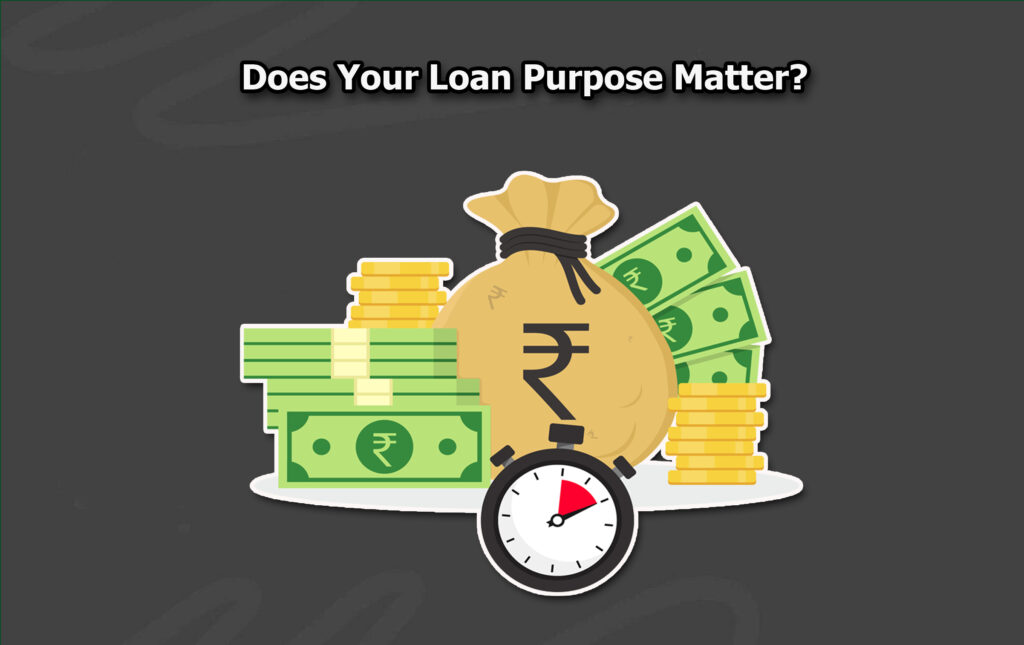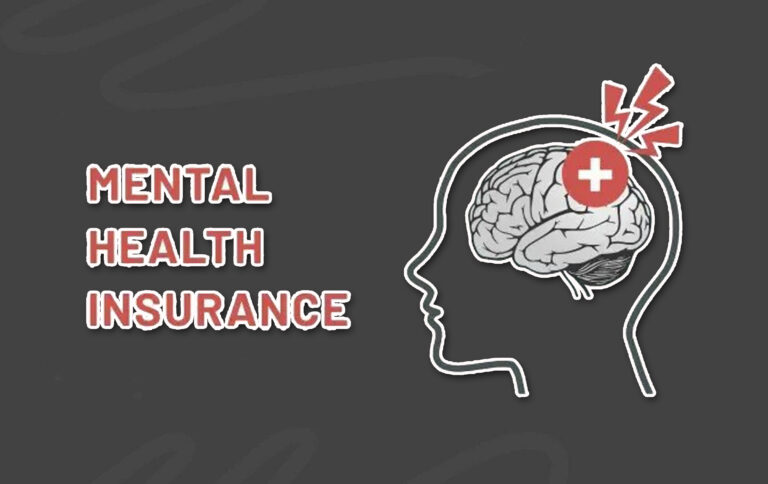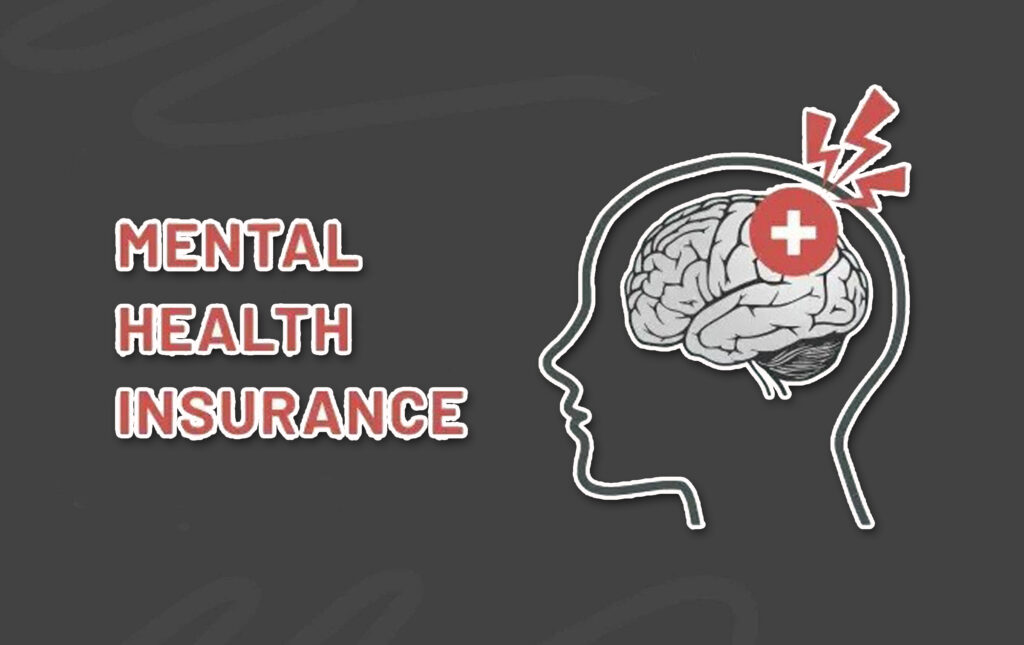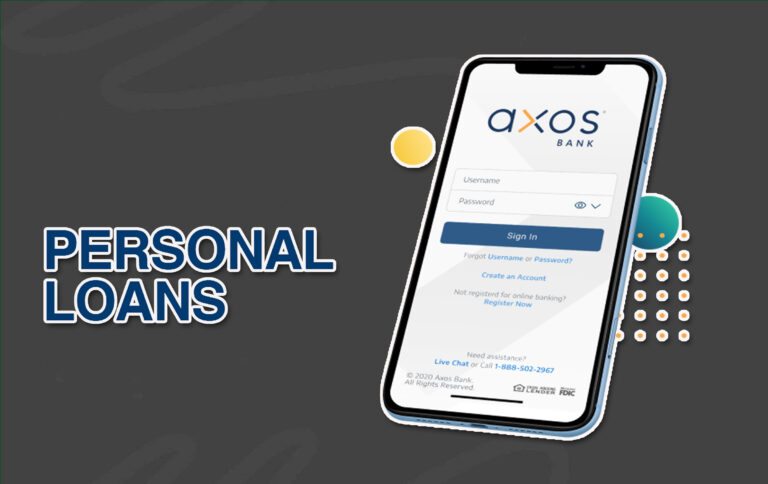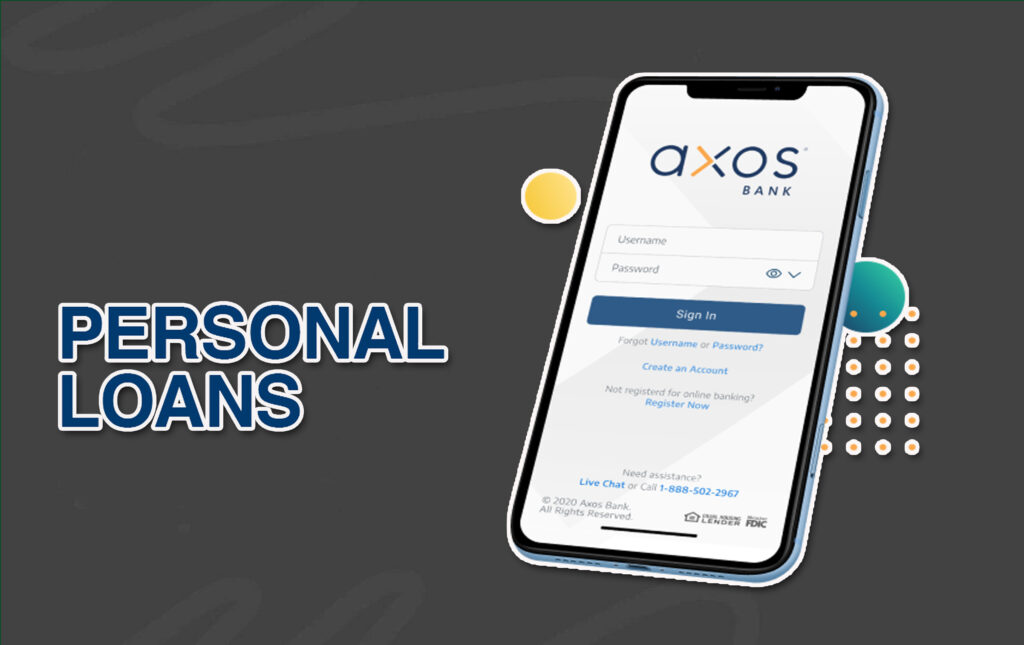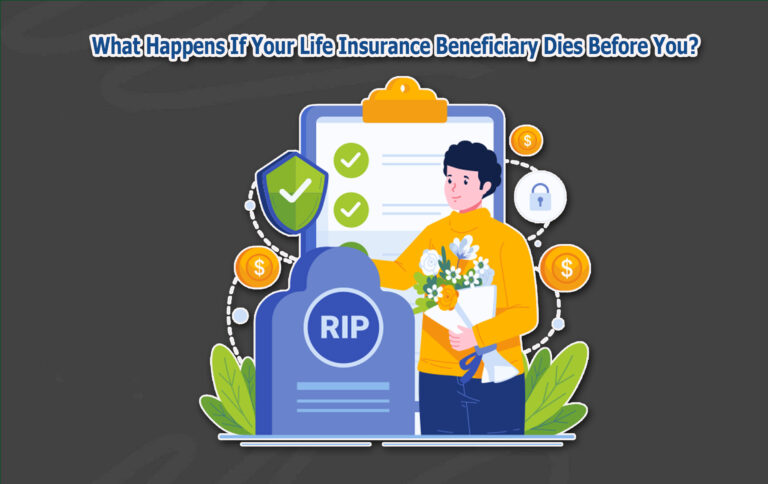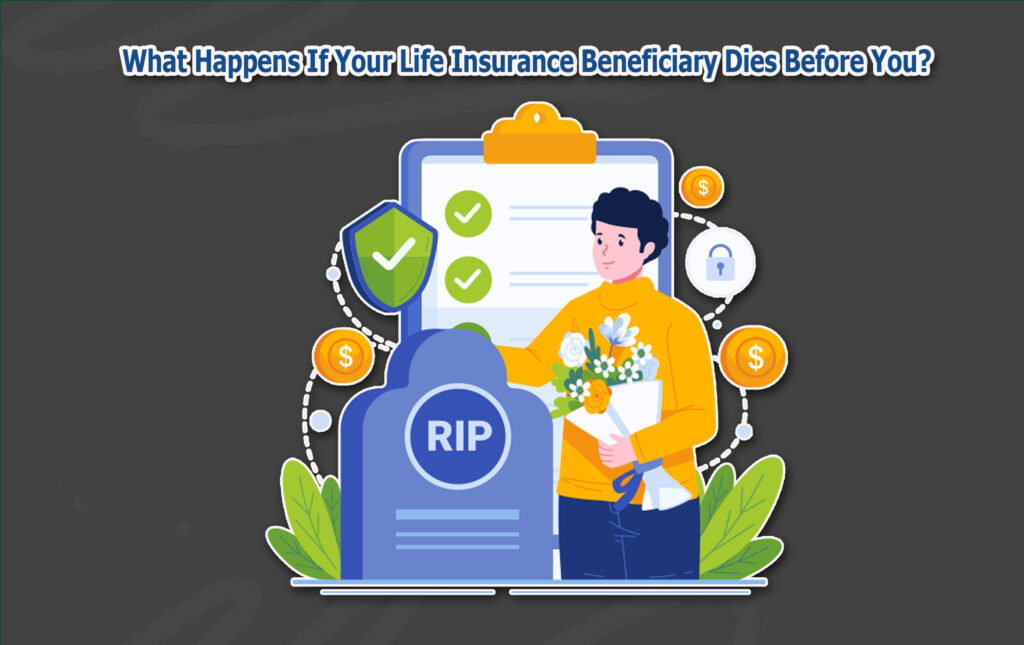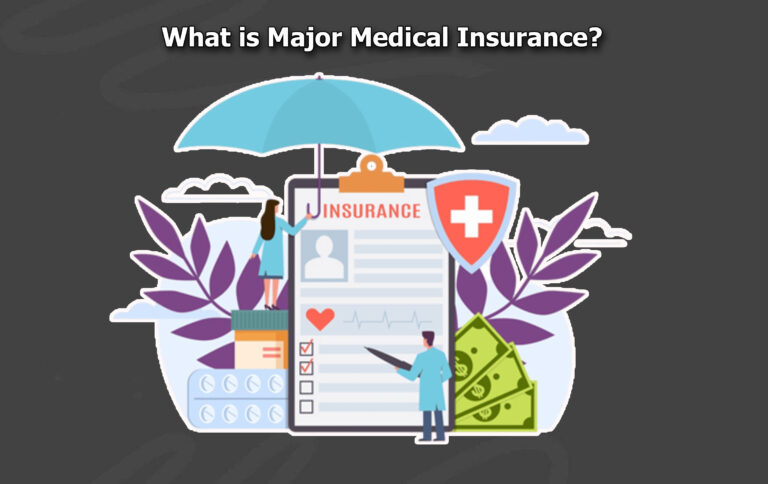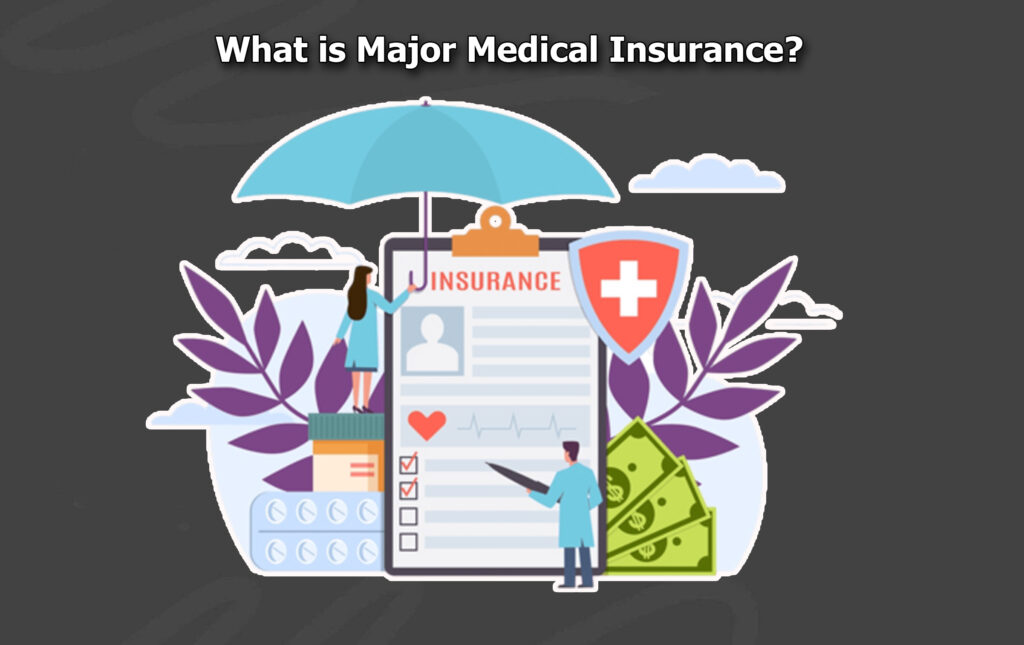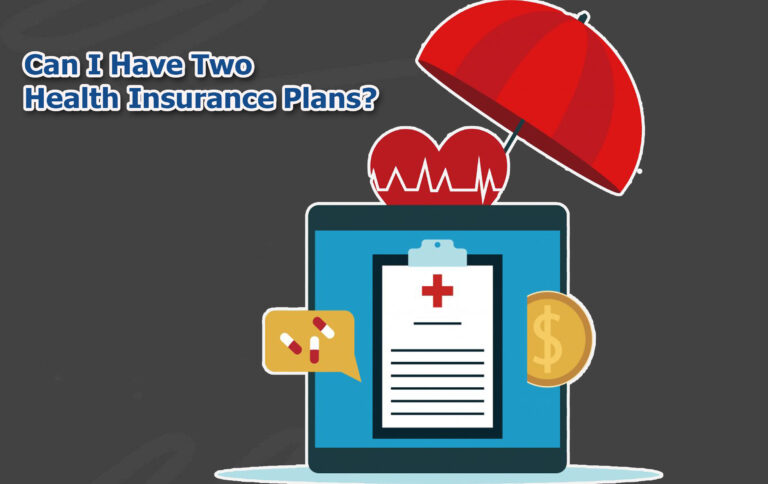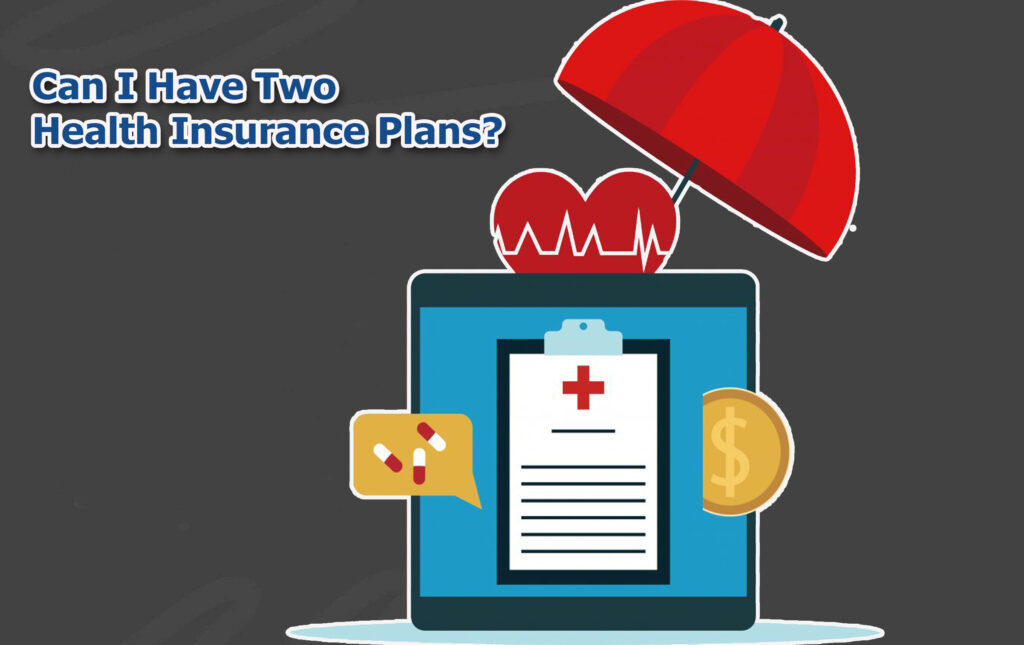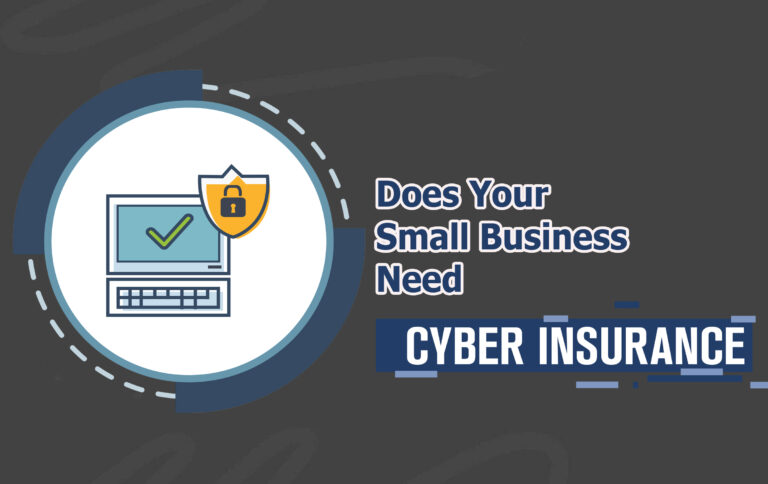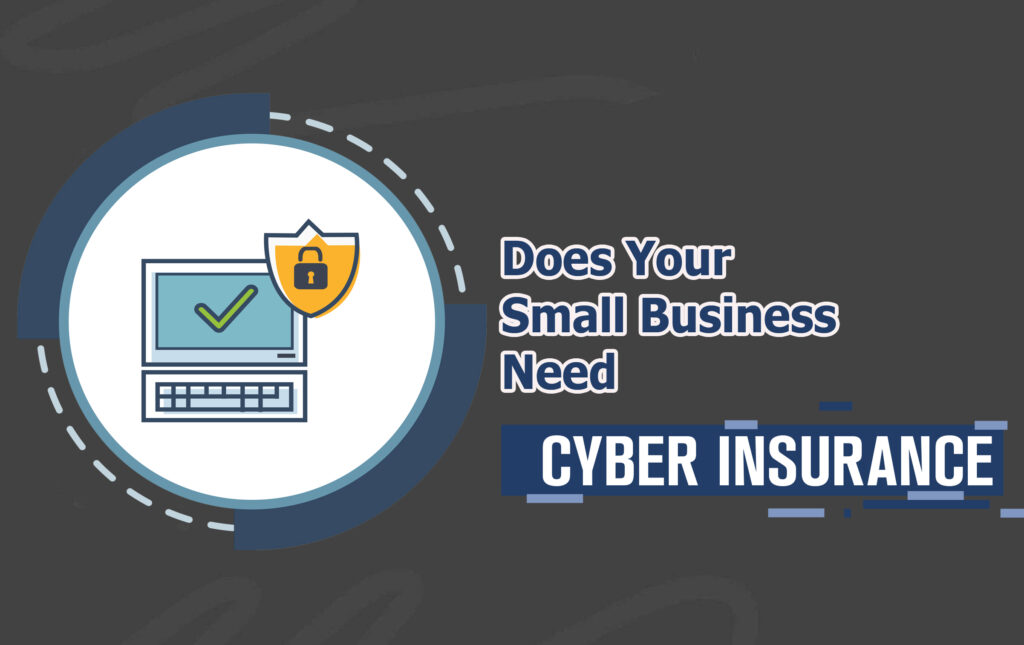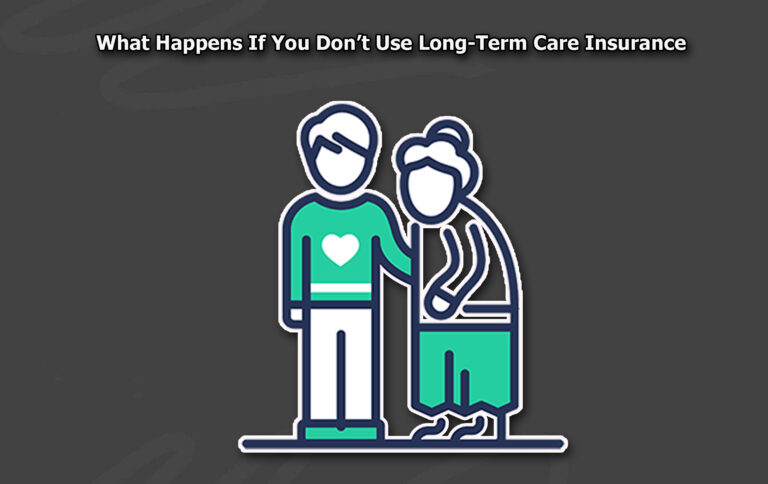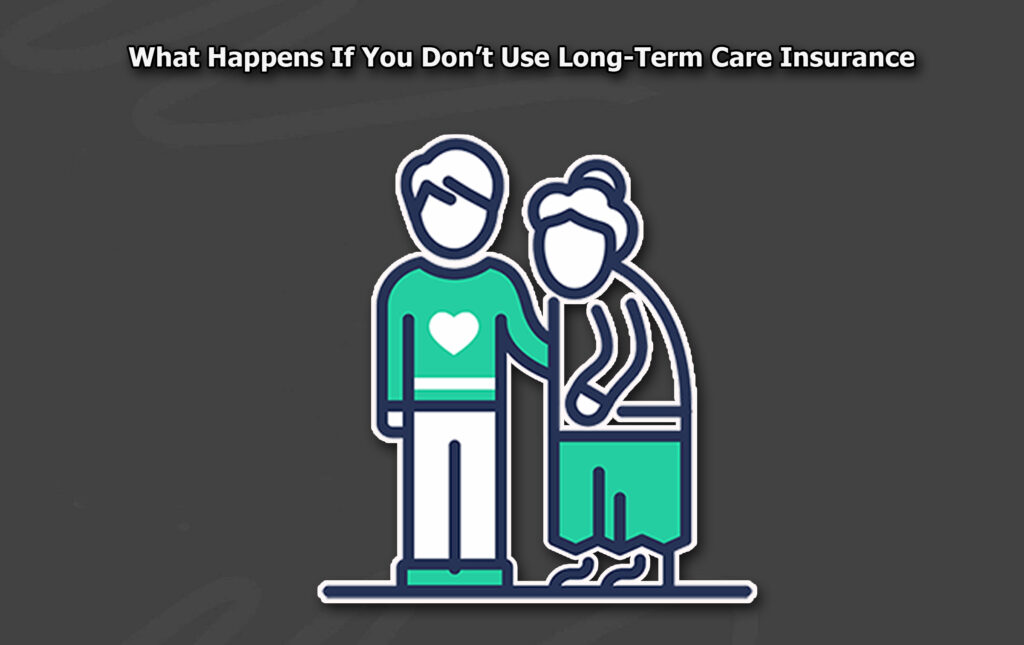Does insurance cover airbag replacement? Airbags are one of the most critical safety features in modern vehicles. They help protect drivers and passengers during accidents by inflating on impact to reduce injury.
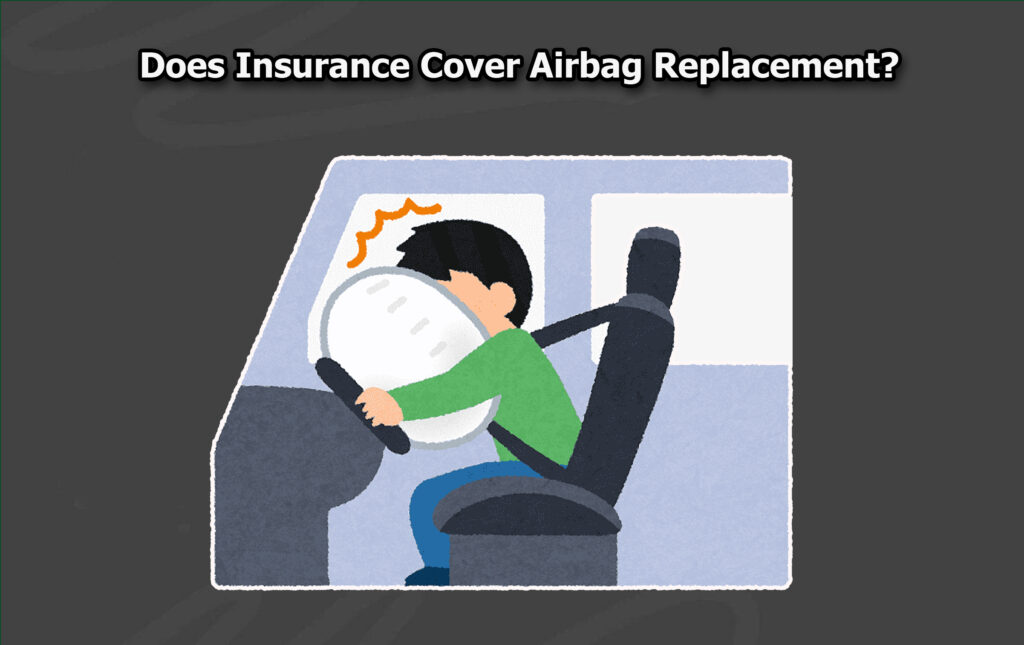
However, just like any other car part, airbags can wear out or be damaged. In some cases, airbags may even deploy without an accident, requiring replacement.
So, if you find yourself in a situation where you need to replace your airbag, you might be wondering whether your car insurance can help cover the cost.
The answer isn’t straightforward because it depends on several factors, including your type of insurance, the cause of the airbag deployment, and the specific terms of your policy.
However, in this article we’ll explore how airbag replacement is usually handled by insurance, what factors can affect coverage, and what steps you can take to find out whether your policy will cover this important safety repair.
When Will Insurance Cover Airbag Replacement?
The circumstances under which insurance will cover airbag replacement vary, but there are a few common scenarios:
Accident Coverage
If your airbags deploy during a car accident, your insurance is more likely to cover the replacement. This is usually under collision coverage or comprehensive coverage, depending on the type of accident.
For instance, if your airbag deploys during a rear-end collision, your collision insurance would cover the cost of replacing the airbag and any other related repairs.
Faulty Airbag Deployment
If your airbag deploys accidentally; meaning it inflates without an accident or impact, your insurance may still cover the repair costs, but this depends on the specifics of your policy.
If the deployment is a result of a manufacturer defect, the cost may be covered under your vehicle’s warranty rather than through your car insurance.
However, if your car is out of warranty, some comprehensive policies may help pay for it.
Vehicle Theft or Vandalism
If your airbags are stolen or damaged due to vandalism, comprehensive coverage can help pay for replacement. This coverage protects against non-collision incidents like theft or vandalism.
When Will Insurance Not Cover Airbag Replacement?
While many situations will see airbag replacement covered by insurance, there are also cases where it won’t be. It’s important to understand these exclusions to avoid unexpected expenses:
Lack of Collision or Comprehensive Coverage
If you only have liability insurance, which covers damages to others when you’re at fault, your airbag replacement likely won’t be covered.
In this case, you would need to have either collision or comprehensive coverage for the airbag to be replaced under your insurance.
Wear and Tear
Airbags, like other parts of a vehicle, can wear out over time. If an airbag is no longer functioning due to age or wear and tear, this is usually not covered by insurance.
Insurance policies generally cover repairs or replacements due to accidents or defects, not for regular maintenance or aging of vehicle parts.
Non-Accident Related Damages
If your airbag is damaged for reasons not related to an accident or theft; such as being damaged during a DIY repair or if it malfunctions without any obvious cause, your insurance may not cover the cost of replacement.
In these cases, you may have to pay out-of-pocket for the repairs.
How to Ensure Airbag Replacement is Covered
If you’re concerned about airbag replacement and want to make sure you’re covered, here are some steps to take:
Review Your Insurance Policy
The first step is to carefully read your insurance policy. It will outline what is and isn’t covered.
Look specifically for terms like “collision coverage,” “comprehensive coverage,” and any clauses related to airbag replacement.
If you’re unsure, don’t hesitate to reach out to your insurance company for clarification.
Consider Adding Comprehensive or Collision Coverage
If your policy doesn’t include comprehensive or collision coverage, consider adding it. These coverages are typically required for airbag replacement after an accident.
Collision coverage covers you if you’re at fault in a crash, while comprehensive covers damage caused by non-collision incidents, like theft or vandalism.
Keep Your Car in Good Condition
Regular maintenance and care can help prevent problems with your airbags. If you’re worried about airbag issues, keep up with your car’s service schedule and watch for recalls.
If your car is recalled due to faulty airbags, the manufacturer, not your insurance, may cover the costs of replacement.
Conclusion
Airbag replacement can be a significant expense, but understanding how your insurance policy works can help you avoid unexpected costs.
Whether or not your insurance covers airbag replacement depends on factors like the type of coverage you have, the cause of the damage, and the age of your vehicle.
By reviewing your policy, considering additional coverage options, and maintaining your car in good condition. You can ensure that you’re better prepared should an airbag need replacing.
Always consult your insurer for specific details regarding coverage to ensure you’re fully informed and protected.
